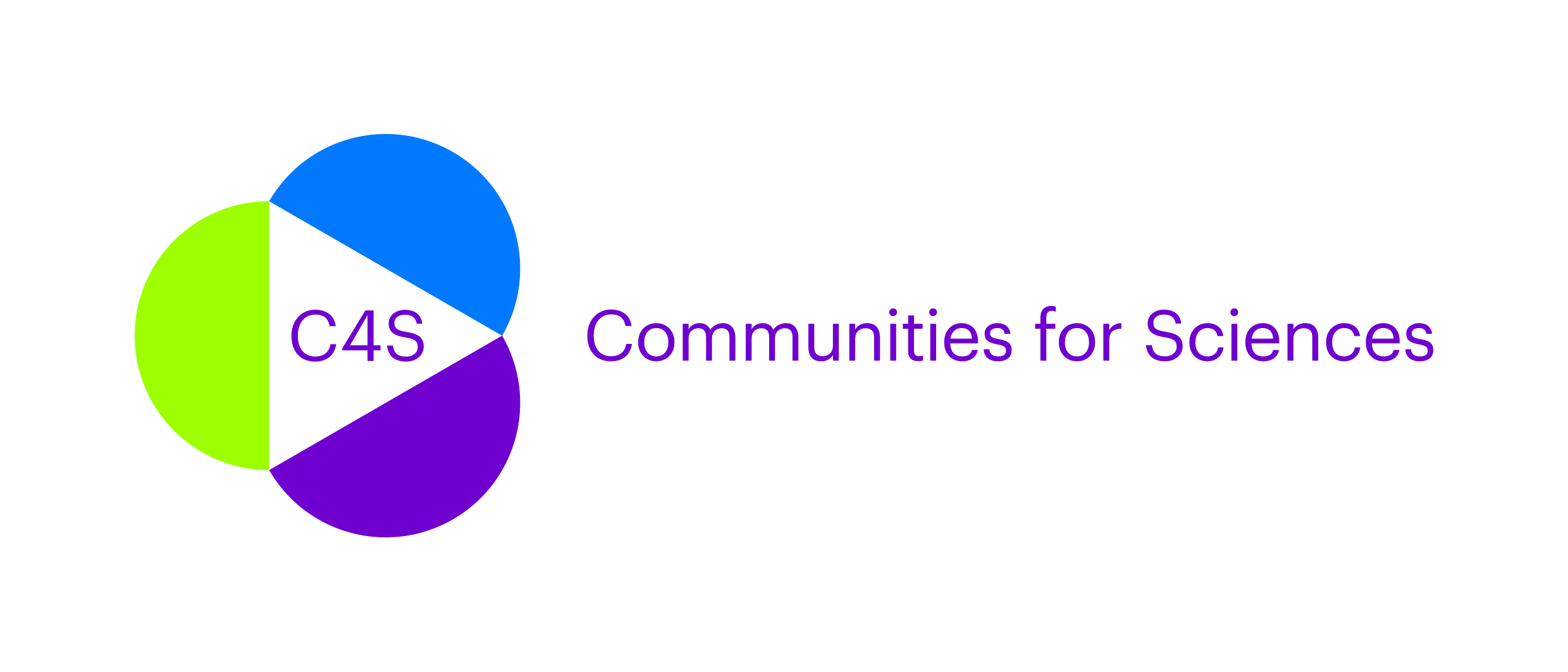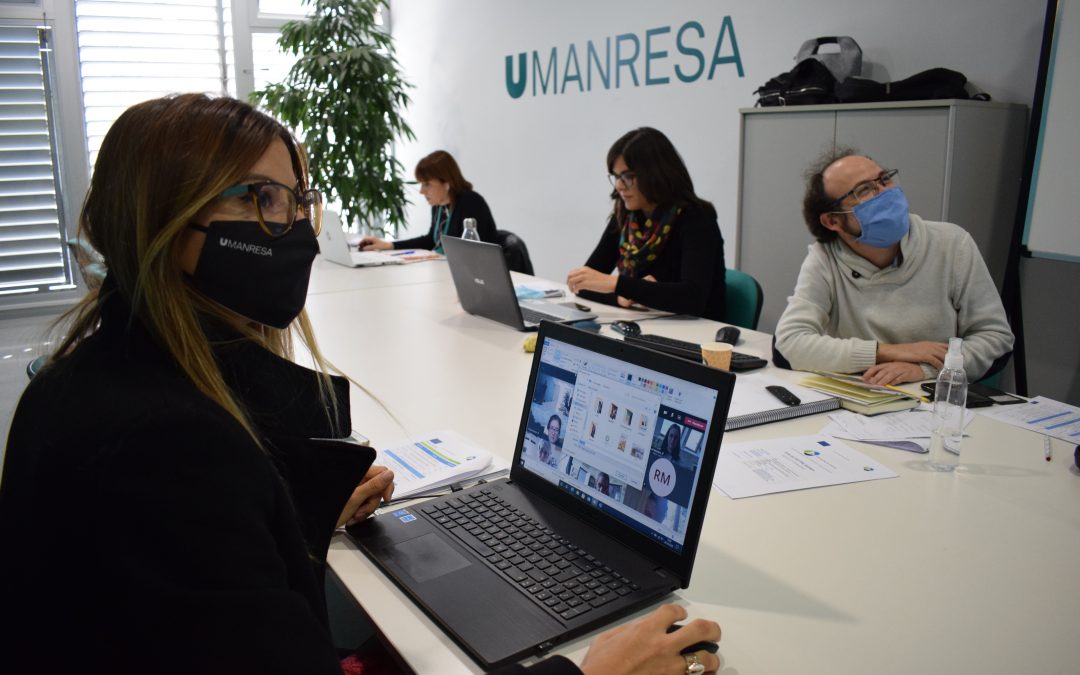About thirty people took part on 29th and 30th October 2020 in the first online meeting of the “Communities for Sciences – Towards project promoting an inclusive approach in science education” (C4S) project, as a part of the Horizon 2020 program. The session was held under the coordination of UManresa and was attended by the eleven institutions involved in the C4S consortium, with a presence in nine cities from eight European countries and their surroundings: Milan, Brussels, Manresa, Vic, Vienna, Budapest, Sofia, Lund and Berlin.
The participants were welcomed by the Vice-rector of Manresa Campus of UVic-UCC, Sílvia Mas, who showed her enthusiasm for the university’s challenge of promoting a shared, exciting and participatory project led by the Fundació Universitària del Bages (Manresa campus of University of Vic – Central University of Catalonia). The director of the degree in Early Childhood Education at the Faculty of Social Sciences, Montserrat Pedreira, and the project’s coordinators, Lluïsa Sort and Gabriel Lemkow, also spoke on behalf of the Manresa campus of University of Vic – Central University of Catalonia.
The C4S project, which is the first European project participated by the two campuses of the UVic-UCC (Manresa campus of UVic-UCC and Vic campus of UVic-UCC, both from Catalonia-Spain), is led by Fundació Universitària del Bages and involves the IB University of Applied Health and Social Science (Germany), Galileo Progetti (Hungary), Università Degli Studi Di Milano-Biccocca (Italy), Board of Education for Vienna, European Office (Austria), Municipality of Sesto San Giovanni – Socio-Educational Sector – Giocheria Laboratori (Italy), Erasmus Brussel University of Applied Sciences and Arts (Belgium), Wirtschaftsuniversitat Wien (Austria), Lunds Universitet (Sweden) and New Bulgarian University (Bulgary).
C4S is a three-year Horizon 2020 European project that stands for inclusive Science education with a total budget of 1,1M€. The Communities for Sciences has two different lines of development: on the one hand, it will conduct fieldwork activities with vulnerable communities and, on the other hand, it will use the data collected in the fieldwork to do research and produce knowledge to share with the scientific community.

